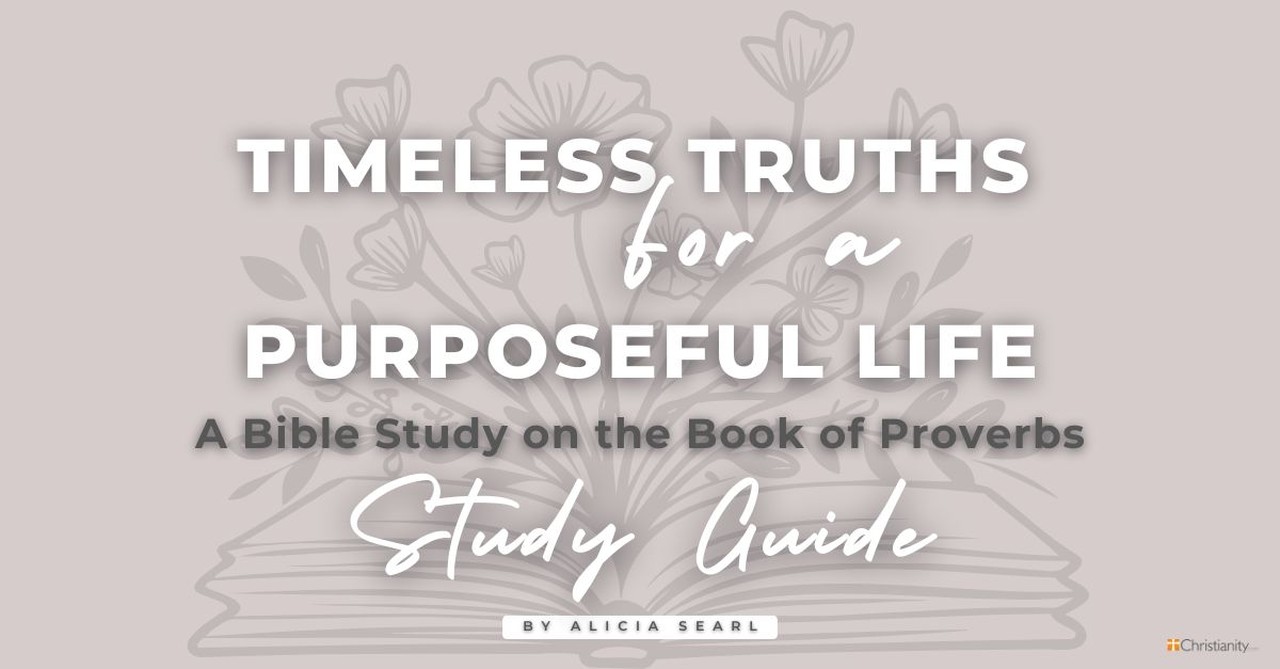Matthew 21:21-23
21 And Jesus answered and said to them, "Truly I say to you, if you have faith and do not doubt , you will not only do what was done to the fig tree , but even if you say to this mountain , 'Be taken up and cast into the sea ,' it will happen . 22 "And all things you ask in prayer , believing , you will receive ."
Jesus' Authority Questioned
23 When He entered the temple , the chief priests and the elders of the people came to Him while He was teaching , and said , "By what authority are You doing these things , and who gave You this authority ?"
New American Standard Bible Copyright © 1960, 1962, 1968, 1971, 1972, 1973, 1975, 1977, 1995 by The Lockman Foundation, La Habra, California. All rights reserved.


.jpg)

Matthew Henry's Commentary on Matthew 21:21-23
Commentary on Matthew 21:18-22
(Read Matthew 21:18-22)
This cursing of the barren fig-tree represents the state of hypocrites in general, and so teaches us that Christ looks for the power of religion in those who profess it, and the savour of it from those that have the show of it. His just expectations from flourishing professors are often disappointed; he comes to many, seeking fruit, and finds leaves only. A false profession commonly withers in this world, and it is the effect of Christ's curse. The fig-tree that had no fruit, soon lost its leaves. This represents the state of the nation and people of the Jews in particular. Our Lord Jesus found among them nothing but leaves. And after they rejected Christ, blindness and hardness grew upon them, till they were undone, and their place and nation rooted up. The Lord was righteous in it. Let us greatly fear the doom denounced on the barren fig-tree.
Commentary on Matthew 21:23-27
(Read Matthew 21:23-27)
As our Lord now openly appeared as the Messiah, the chief priests and scribes were much offended, especially because he exposed and removed the abuses they encouraged. Our Lord asked what they thought of John's ministry and baptism. Many are more afraid of the shame of lying than of the sin, and therefore scruple not to speak what they know to be false, as to their own thoughts, affections, and intentions, or their remembering and forgetting. Our Lord refused to answer their inquiry. It is best to shun needless disputes with wicked opposers.